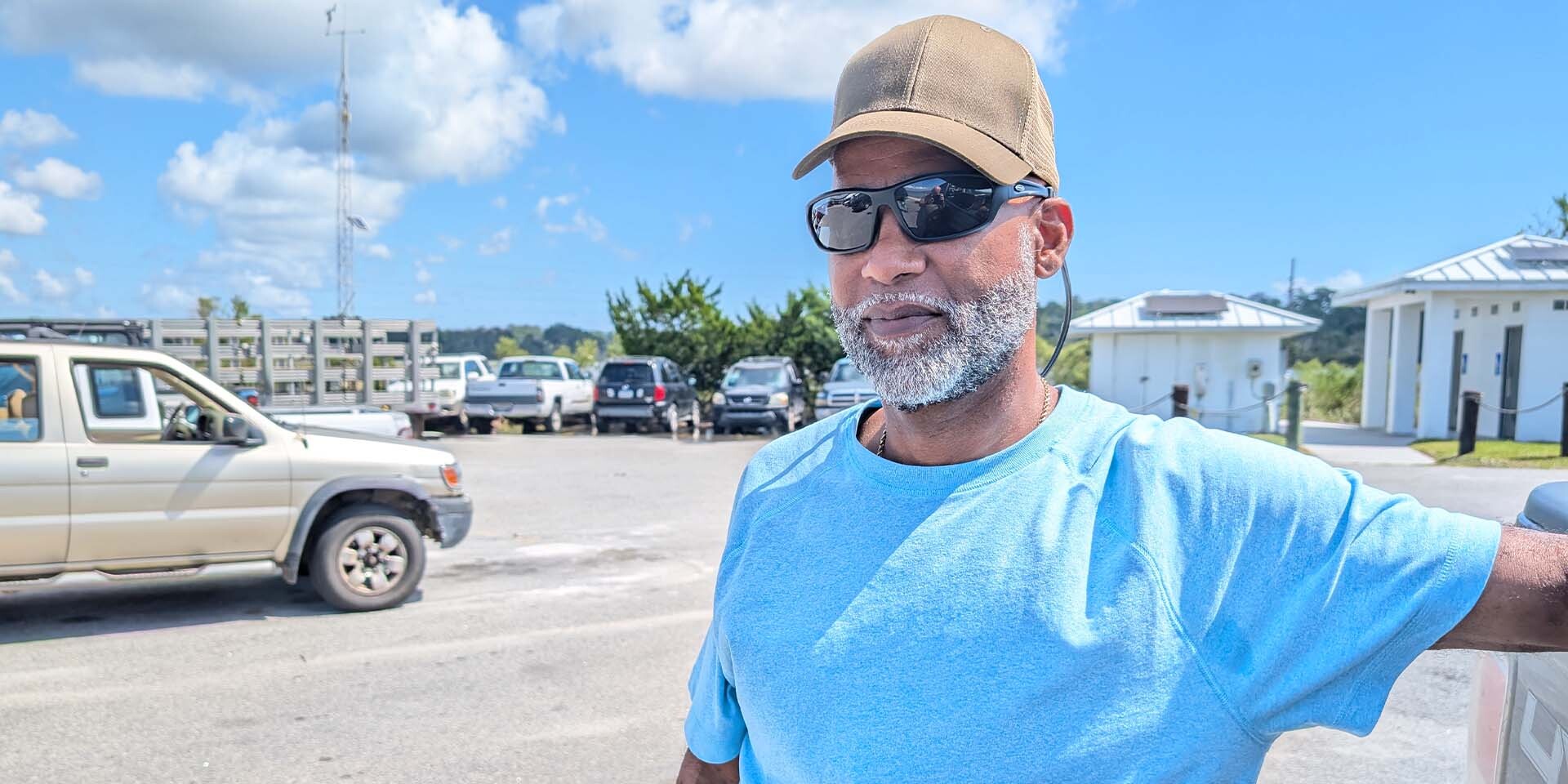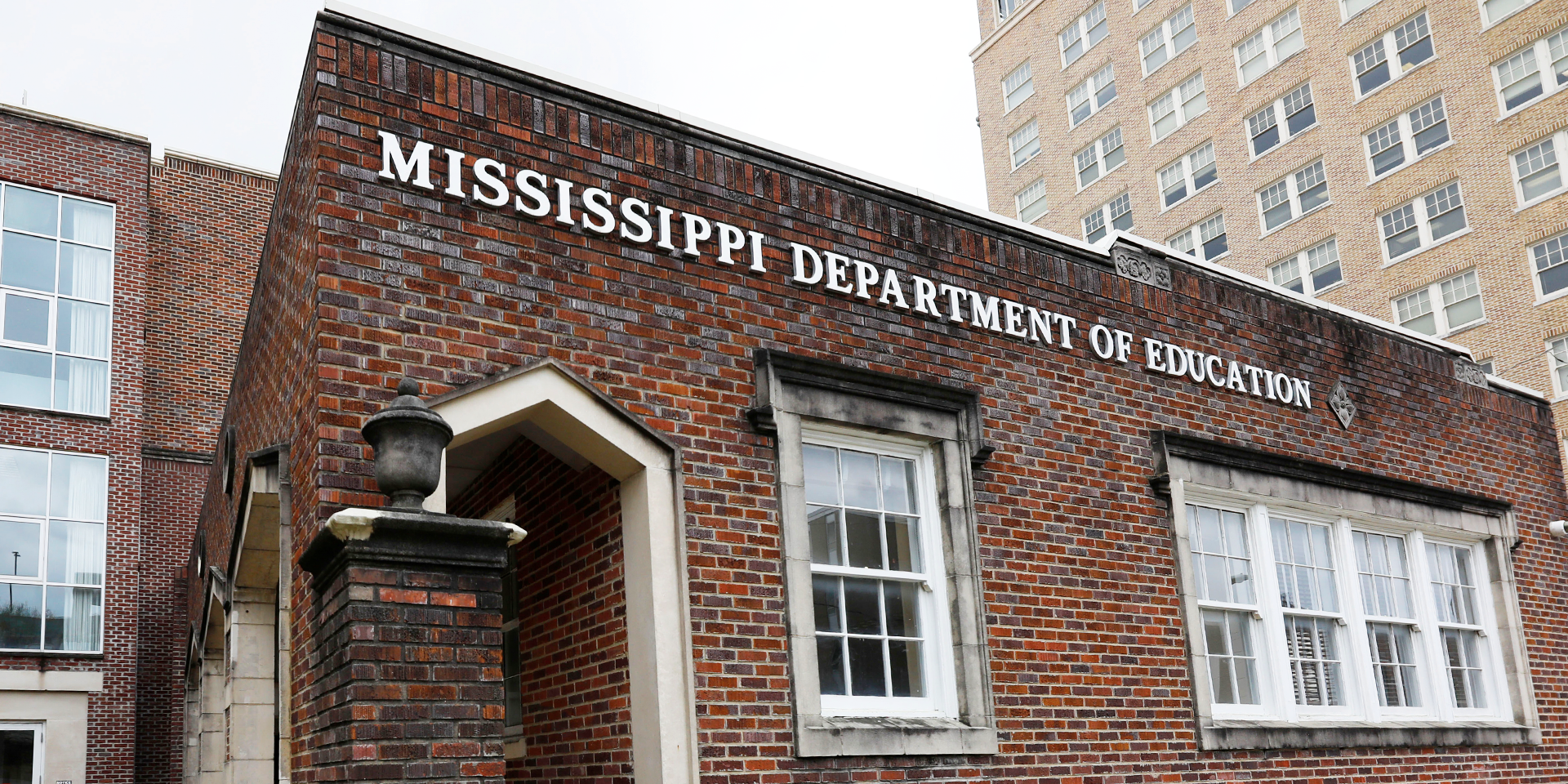
-
- Eliminating Poverty and Economic Inequality
Page
Democracy Training Lab – Mississippi
The Democracy Training Lab is designed to equip community members across Mississippi with practical skills in community engagement, leadership, communications, data-informed outreach and compliance-aligned civic work. About
-
- Eliminating Poverty and Economic Inequality
Affordable Care Act Credits Toolkit for Advocates in the Deep South
Learn more about the importance of the Affordable Care Act enhanced premium tax credits and the impact of the Big Beautiful Bill Act.
-
- Eliminating Poverty and Economic Inequality
Page
Sign up for Marion, Alabama, Water Crisis Discussion
-
- Eliminating Poverty and Economic Inequality
Tax targeting Gullah-Geechee landowners on Sapelo Island could force land loss
A community of Gullah-Geechee descendants on Sapelo Island, Georgia, are potentially facing a massive property tax increase that threatens to push them off their ancestral land and kick open the doors to massive development of the island into a vacation community for the wealthy. At its regular meeting on Dec. 3, the McIntosh County Board…
-
- Eliminating Poverty and Economic Inequality
Lawsuit, investigation target Mississippi’s special education service failures
E.J. was diagnosed with dyslexia while she was in the first grade. She repeated the academic year, but without ever receiving specific dyslexia reading help, the sixth grader now reads at a second-grade level. B.W., an 11th grader, was diagnosed with attention-deficit/hyperactivity disorder (ADHD) in the second grade. His marks began nosediving two years ago…
-
- Eliminating Poverty and Economic Inequality
SPLC Deeply Disappointed by Congressional Failure to Extend Critical Health Care Protections
MONTGOMERY, Ala. — The Southern Poverty Law Center (SPLC) expressed deep disappointment in Congress’ vote against extending critical health care subsidies, a decision that will continue to strip millions of Americans of access to affordable health coverage. “As public servants, Congress, regardless of party affiliation, has a solemn responsibility to pass legislation to protect and…
-
-
- Eliminating Poverty and Economic Inequality
Objection to provisions in the Fiscal Year 2026 National Defense Authorization Act
-
- Eliminating Poverty and Economic Inequality
Page
Community Justice Site Registration – New Orleans
Community members are invited to come together to learn more about Learning For Justice’s Community Justice Sites project launch and to engage in the vision for programming.
-
- Eliminating Poverty and Economic Inequality
SPLC and ACLU of Florida Sue on Behalf of Tallahassee Residents Over Fire Services Fees
The lawsuit argues that the charge is an unconstitutional tax that disproportionately harms low-income, Black and Brown households TALLAHASSEE, Fla. — Today, the Southern Poverty Law Center (SPLC) and the American Civil Liberties Union of Florida (ACLU-FL) filed a lawsuit against the City of Tallahassee for its “fire services fee,” an unconstitutional form of taxation not authorized by law. The lawsuit, filed in the Second Judicial Circuit in Leon County, Fla., asserts that this…



